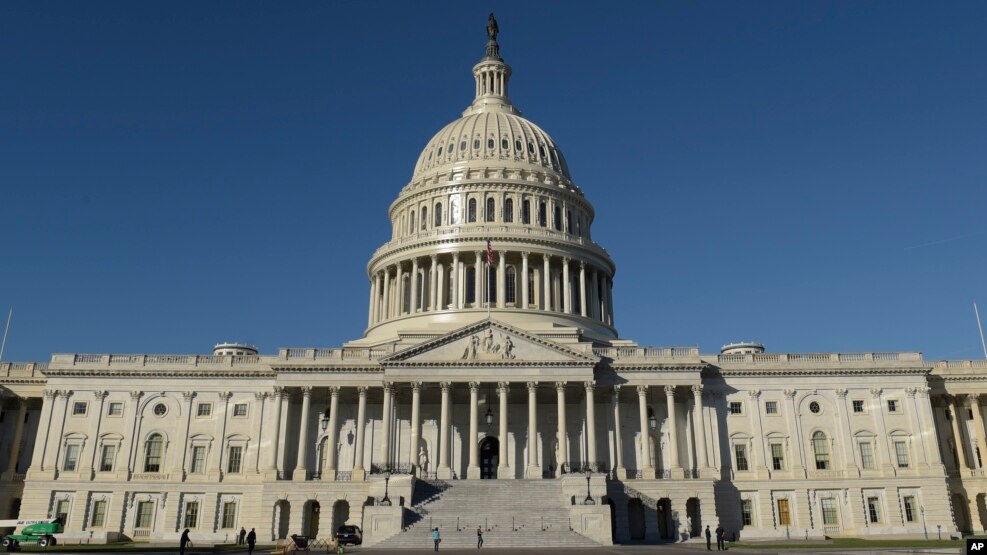USA
Republicans in the U.S. House of Representatives voted Monday to place a formerly independent body that investigates potential ethics violations by House members under the authority of an ethics office controlled by fellow lawmakers.
 The non-partisan Office of Congressional Ethics was established 2008 in response to a number of high profile bribery and corruption scandals involving House members.
The non-partisan Office of Congressional Ethics was established 2008 in response to a number of high profile bribery and corruption scandals involving House members.
By a vote of 119-74 during a closed-door meeting, the OCE will now be "subject to the authority and direction" of the House Committee on Ethics. The change is expected to be formally adopted by the House as part of a wider rules package on Tuesday.
House Speaker Paul Ryan and Majority Leader Kevin McCarthy both opposed the change.
Democrats issued statements and made comments on Twitter sharply criticizing the move, with many lawmakers pointing to President-elect Donald Trump's campaign pledge to "drain the swamp" with a group of ethics reforms for the government.
Minority Leader Nancy Pelosi said the Republican action "would functionally destroy this office."
"Republicans claim they want to 'drain the swamp,' but the night before the new Congress gets sworn in, the House GOP has eliminated the only independent ethics oversight of their actions," she said in a statement.
Senator Elizabeth Warren said House Republicans were "gutting its ethics office in the middle of the night."
There have not been public statements from Republicans in support of the reforms.
But the amendment's author, Rep. Bob Goodlatte, did defend the changes, saying they would improve due process rights for those under investigation and give protections against disclosures to the public, while not impeding the OCE's work.
"The amendment builds upon and strengthens the existing Office of Congressional Ethics by maintaining its primary area of focus of accepting and reviewing complaints from the public and referring them, if appropriate, to the Committee on Ethics," he said.
The text of the amendment also directs the OCE to adopt a rule prohibiting it from "accepting or considering any anonymous allegation."
The the panel will now be prohibited from reviewing any alleged violation that happened before 2011. The previous rule limited the OCE's work to allegations dating only to early 2008.
Members are also barred from making any public statement or releasing any information to the public unless that material has already been made public by the Committee on Ethics. The amendment prohibits the independent panel from employing "any person for a position involving communications with the public," such as a press spokesperson.
Other changes include extending the amount of time the ethics board members have to complete their preliminary review of an allegation and more specifically spelling out what materials they have to turn over to the Committee on Ethics after a final review is done and members report their findings and recommendation.

Post a Comment